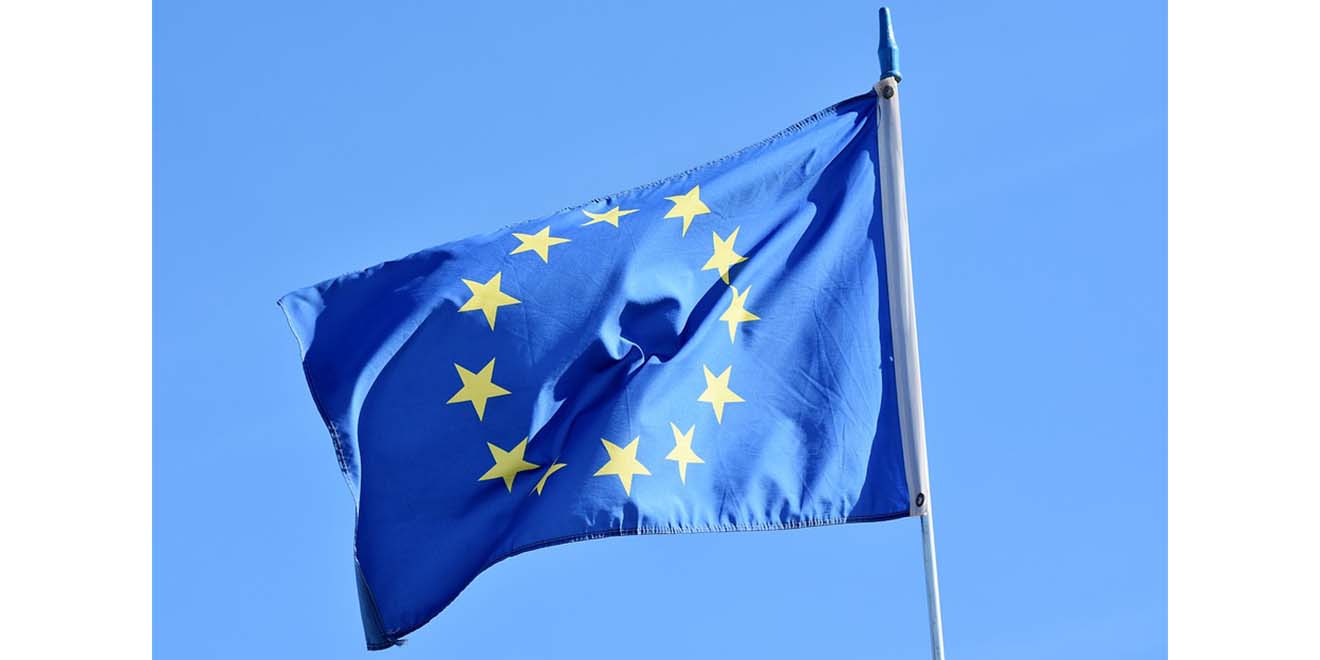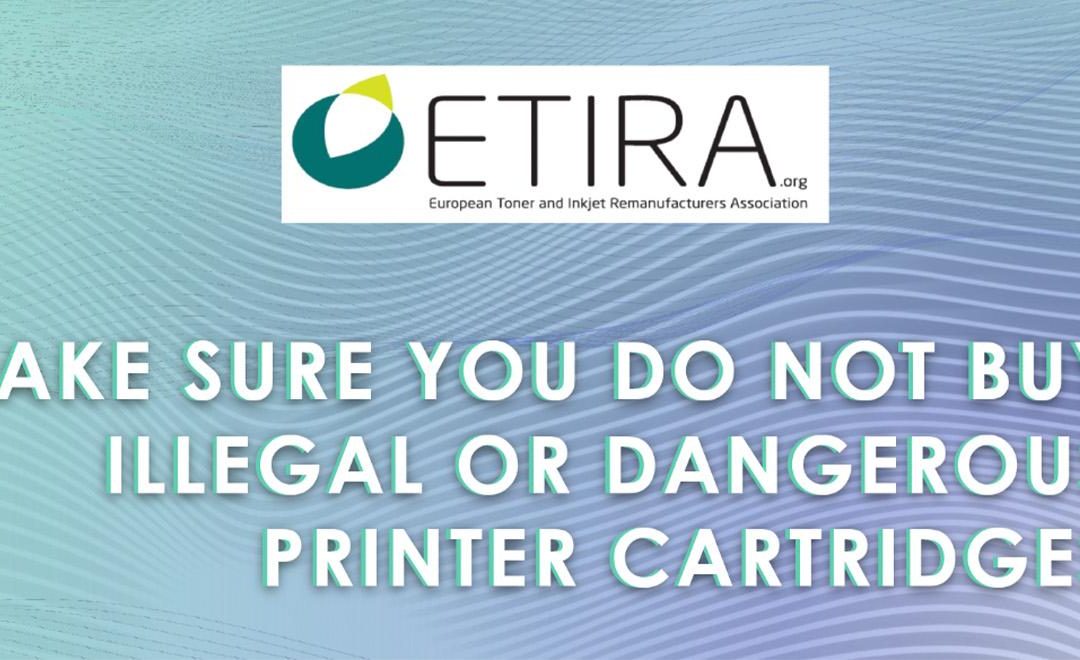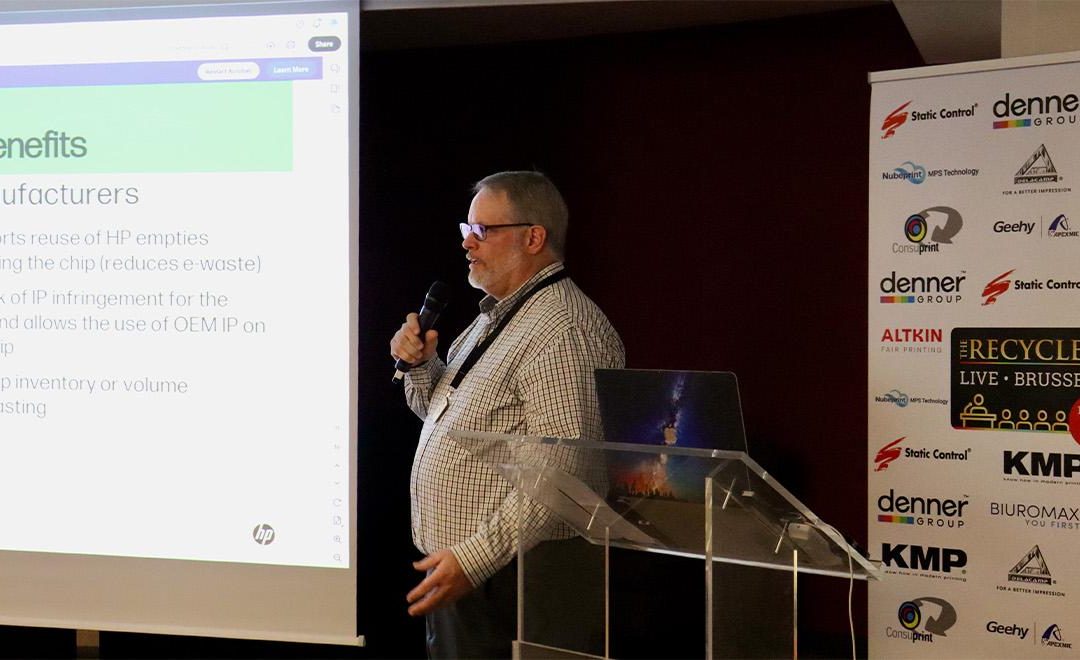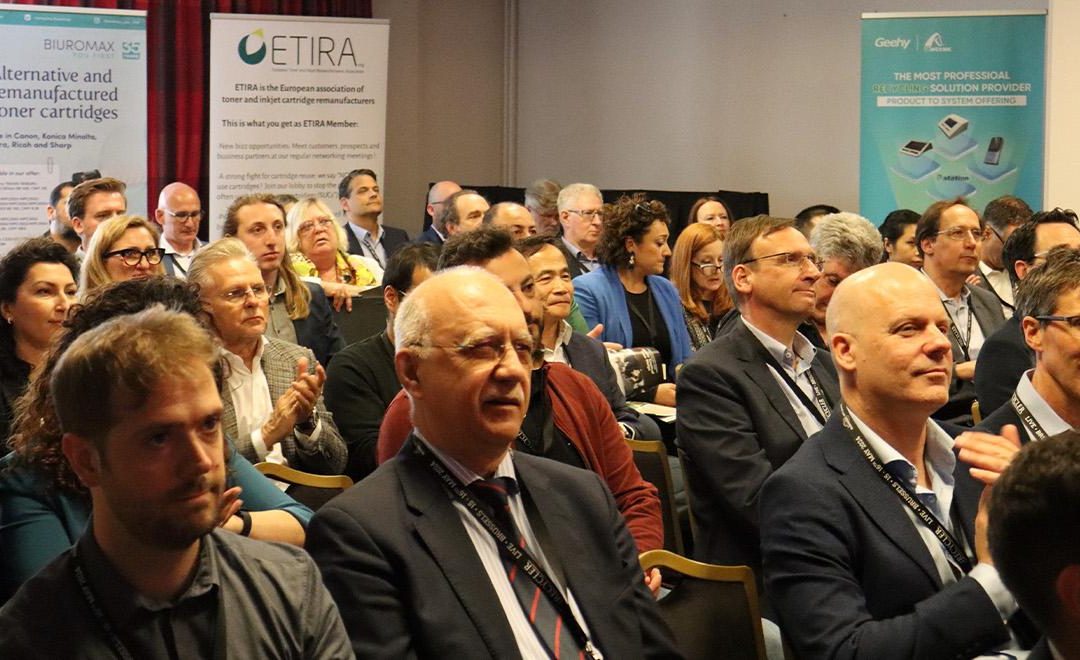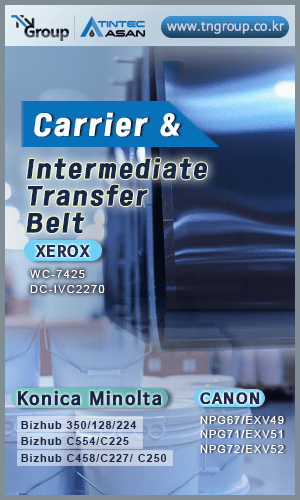The European Commission (EC) adopted two proposals this week intended to adapt liability rules to the digital age, circular economy and the impact of global value chains.
The first proposal is to modernise the existing rules on the strict liability of manufacturers for defective products (from smart technology to pharmaceuticals) and ensure that victims can get fair compensation when defective products, including digital and refurbished products, cause harm. The second proposal targets the harmonisation of national liability rules for AI, making it easier for victims of AI-related damage to get compensation.
In line with the objectives of the AI White Paper and with the Commission’s 2021 AI Act proposal, setting out a framework for excellence and trust in AI – the new rules will ensure that victims benefit from the same standards of protection when harmed by AI products or services, as they would if harm was caused under any other circumstances.
 The revised Directive modernises and reinforces the current well-established rules, based on the strict liability of manufacturers, for the compensation of personal injury, damage to property or data loss caused by unsafe products, from garden chairs to advanced machinery. It ensures fair and predictable rules for businesses and consumers.
The revised Directive modernises and reinforces the current well-established rules, based on the strict liability of manufacturers, for the compensation of personal injury, damage to property or data loss caused by unsafe products, from garden chairs to advanced machinery. It ensures fair and predictable rules for businesses and consumers.
The revised product liability rules will allow compensation for damage when products like robots, drones or smart-home systems are made unsafe by software updates, AI or digital services that are needed to operate the product, as well as when manufacturers fail to address cybersecurity vulnerabilities.
The revised directive provides a level playing field between EU and non-EU manufacturers. When consumers are injured by unsafe products imported from outside the EU, they will be able to turn to the importer or the manufacturer’s EU representative for compensation.
The revised product liability rules will apply to all products, from garden chairs to cancer medicines, from agricultural products to advanced machinery but also to software updates. The new PLD makes explicit that injured people can claim compensation if software or AI systems cause damage.
The new rules also consider products stemming from circular economy business, namely business models in which products are modified or upgraded. The proposal creates the legal clarity that industry needs in order to embrace circular business models. The rules of the PLD (including the possible presumptions) would apply to remanufacturers and other businesses that substantially modify products in case these products cause damage to a person, unless they show that the defect relates to an unmodified part of the product.
Commissioner for Internal Market, Thierry Breton, said: “The Product Liability Directive has been a cornerstone of the internal market for four decades. Today’s proposal will make it fit to respond to the challenges of the decades to come. The new rules will reflect global value chains, foster innovation and consumer trust, and provide stronger legal certainty for businesses involved in the green and digital transition.”
The Commission’s proposal will now need to be adopted by the European Parliament and the Council.
Our take on this: It is another step that redresses the imbalance between EU and non-EU manufacturers where the responsibility for product liability now passes to the importer or EU representative. At the same time it clearly brings remanufacturers in the scope of the PLD.


